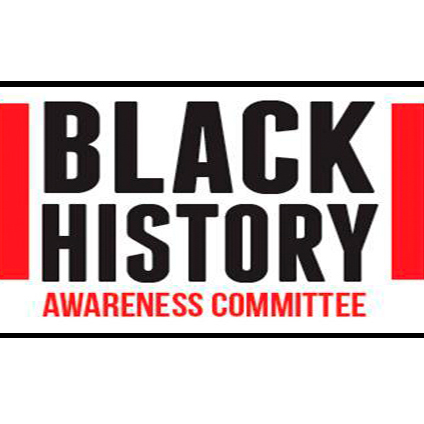Last week, a number of media professionals of colour answered the call to deconstruct the realities of living in a raced body while working in media when the Ryerson University Black History Awareness Committee hosted a panel discussion — “Black Out: Who’s Missing in Media” — at the Rogers Communication Centre on campus. Dominique Bennett, a Ryerson student and aspiring media entrepreneur, moderated the event.
The panel was one of a series intended to facilitate discourse around erasure and misrepresentation of racialized people in mainstream society. It acted as a launching point for education, discussion and discourse around representations of racialized bodies in the media in particular. The four panelists included: Hamza Khan, a digital marketing and creative multimedia professional, Kwame Stephens, a playwright and poet, Jermaine Bagnall, an editor and videographer, and Ryerson student and campus radio host Jennifer Joseph.
Many topics were broached during the course of the two hour panel, but a few came up often enough to become thematic. When asked what their greatest obstacle was in their careers, all four of the panelists answered: “stigma.” Whether that stigma came from within their own families, who did not view creative media careers as worthwhile, or, more harmfully, from external institutional and systemic factors that constrained their ability to form professional networks, the strictures of stigma played an important role in the erasure of media professionals of colour.
Jermaine Bagnall, one of the panelists, told a particularly illustrative anecdote as an example. While working on set as a videographer, he encountered an example of the sort of in-group networks that are implicitly informed by race.
“I remember there was this nice [white] young lady who went to camp with the producer, and she wound up getting the promotion.”
As he moved from set to set as the only person of colour, Bagnall asked himself: “Why aren’t there more people who look like me?”
Bagnall called his own break into the industry “dumb luck.” Recounting a chance meeting he had at the surplus store with a cinematographer who was heading to the Arctic for a shoot, Bagnall contrasted his own experience with that of peers, many of whom had a prior connection to the industry. He highlighted how his experiences underscored the idea that there is privilege in whiteness and the spaces and networks it may give access to.
“The film industry is like the mob, everyone has to vouch for you to get in,” Bagnall said.
Bagnall explained that this sort of professional system can be alienating when the vast majority of those doing the “vouching” are white, and presumably associate mostly with other white people. Another panelist, Hamza Khan, underscored how crucial networking was in purusing a marketing career. Yet, the costs of networking are often prohibitive to young people of colour who want to do so. Events often require registration fees, or paying cover if it’s an after hours event. On top of that, there are travel expenses and the cost of food and alcohol. Khan recalled his days as a volunteer, tending the tables at certain events so that he could network in the downtime.
In order to overcome obstacles such as these, the panelists hoped for more diversity in media but also noted that being present in a racialized body is not enough. All panelists underscored the importance of creating and controlling content as key for implementing diversity in programming. Creating different realities for racialized people was, for them, a question of narrative.
“We need to tell our own stories. Flood the networks with content,” Khan told the audience.
Towards the end of the panel, an audience member raised the issue of accountability. Citing a recent report from the Ryerson University Roundtable on Cultural Diversity in Toronto Media Production, he asked the panelists to weigh in on the recommendations it made. Due to time constraints, his question was not fully addressed.
His point stands, however. The report made suggestions directly to the CRTC as well as the CBC. If creating and owning content is half of the battle, the other half lies in keeping governments accountable.
Muna Mire recently completed an internship with rabble’s podcast network and is a student in her final year at the University of Toronto where she is currently completing an Honours B.A. in English, Political Science and Sociology.




